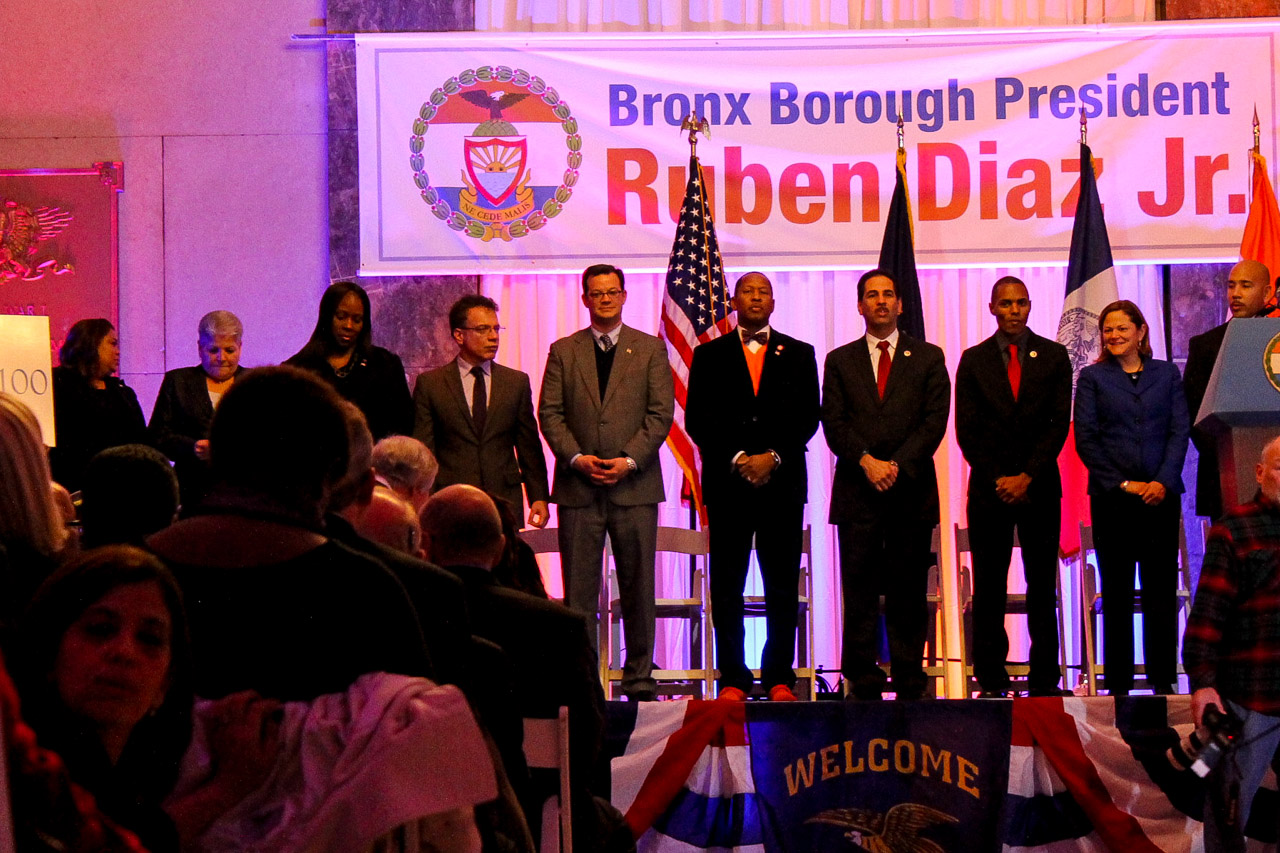Benjamin M. Lawsky, Superintendent of Financial Services, announced this week that the Department of Financial Services (DFS) is implementing a new streamlined licensing process for mortgage banking in New York. These measures – which include allowing the online submission of application materials, conforming to certain national standards, reducing outdated regulatory barriers, and other initiatives – will improve efficiency and reduce unnecessary wait times, while at the same time ensuring consumers remain protected.
Superintendent Lawsky said: “We’re committed to making state government work better for both businesses and consumers. Governor Cuomo proposed creating our Department to take a fresh look at financial regulation in our state. We undertook a top-to-bottom review and found a number of areas where we could dramatically improve the speed and efficiency of our mortgage licensing process – without sacrificing vital consumer protections.”
The steps that DFS is taking to streamline its licensing process for mortgage banking in New York include the following:
More Efficient Mortgage License Processing
Adoption of the Uniform State Test. Tests for mortgage loan originators have very little variation state to state. Duplicative tests add expense, time, and hassle to the application process. While state-specific pre-licensing education is still universally required, there has been a national trend toward the Uniform State Test to break down one of the unnecessary barriers to MLO licensing. DFS is adopting the Uniform State Test, which will become effective September 2, 2014.
Transitional License Applications for Mortgage Loan Originators. Currently, when a mortgage loan originator working in another state or for a federal bank wants to move to a New York licensed mortgage banker or broker, that person can’t apply for a license until after he gets a new job and is unable to work at that new job until his license is processed. DFS is changing its procedures to eliminate this delay. Individuals can now apply for an MLO license before being hired by a New York licensed entity. DFS will process the application and will send a letter to the applicant once it is satisfied that the applicant has met all of the requirements to become an MLO other than affiliation with a New York licensed entity. The applicant can then take this letter to potential employers, get a new job, and as long as the new employer is disclosed to DFS within 30 days of this letter, DFS will promptly license the MLO.
Cutting Down on Unnecessary Layers of Review. DFS has reorganized its internal workflows to eliminate excess layers of review of license applications and approvals. DFS also now sends a single letter to applicants identifying all items missing from an application package, which cuts down on back-and-forth with the Department. In just the first four months following this reorganization, the Department’s mortgage licensing team worked through a significant backlog and reduced the number of pending banker and servicer applications by more than 25 percent. Over the same period, the unit’s rate of application processing more than doubled.
Dedicated Mailboxes to Answer Questions. License applicants and licensed entities no longer have to search for the appropriate person to answer questions. New, encrypted inboxes dedicated to particular topics will be staffed daily, and DFS will find the appropriate person to answer a given question. For mortgage bankers or mortgage banker applicants, the address is mortgage.banker@dfs.ny.gov; for mortgage brokers or applicants, the address ismortgage.broker@dfs.ny.gov; for mortgage loan servicers or applicants, the address is mls@dfs.ny.gov; and for mortgage loan originators or applicants, the address is mlo@dfs.ny.gov. The expected response time is one business day.
Electronic Submission of Application Materials. DFS will now accept any application materials at the four email addresses listed above and will acknowledge receipt of documents. This should nearly eliminate documents being lost or delayed in the mail. Where DFS needs originals of certain documents, it will accept online submission first so that mail delays do not hold up processing of the application, and the original can follow by mail. DFS is also accepting materials by secure file transfer (SFTP) and will soon be accepting materials through a secure online portal.
Elimination of “Placeholder Applications.” Applicants for mortgage licenses sometimes file “placeholder applications” with almost no supporting documentation. This strategy adds significant burden to DFS staff, thus slowing down the licensing process for everyone. As of today, an applicant for a mortgage license may no longer file a placeholder application. DFS’ new mortgage home page specifies new procedures: when an application is filed, DFS will review it and write a letter in response telling the applicant what if anything is missing. The applicant will then have 30 days to address these missing items or the application will be deemed withdrawn and the fee forfeited. It’s only fair that if applicants don’t exercise diligence in completing their applications, DFS has to move on to other applications.
Launch of New Comprehensive Online Resource Center
A new section of the DFS website, www.dfs.ny.gov/mortgage, will serve as a comprehensive resource center, providing access to new industry guidebooks, information regarding new proposed regulations and New York’s adoption of the Uniform State Test, and step-by-step directions on how to apply for a license to become a mortgage banker, mortgage broker, mortgage loan servicer, or mortgage loan originator, as well as how and when to apply for a change of control of a regulated entity, how to apply for a new branch location, and more. The site also links to forms, which have themselves been simplified.
Industry Guidebooks. New York’s laws and DFS regulations form a complex matrix of regulatory requirements. In the coming weeks, DFS will be issuing comprehensive guidebooks that help companies and individuals to not only apply for a license, but to maintain a license. These guidebooks, accessible on the website, will compile these materials in one place and boil them down into comprehensible directions on what information to file with DFS, at what times, and what licensees are and are not permitted to do as a licensed entity.
Eliminating Unnecessary Regulatory Requirements, Clarifying the Rules of the Road
Regulations require regular review to ensure they’re clear and to assess whether the benefits exceed the burdens. DFS has undertaken such a review, and today, it has posted on its website proposed amendments to its regulations to clarify requirements and to reduce unnecessary regulatory burdens on license applicants and on licensed entities.
For example, DFS regulations govern Federal Housing Administration-approved loan correspondents, but the FHA no longer approves loan correspondents. DFS proposes to eliminate these regulations. DFS also requires certain license applicants to provide background information on three executive officers, but some companies don’t have three executive officers. DFS is proposing amendments to account for that situation. Additional language in this regulatory proposal clarifies existing license application requirements; it does not impose any new requirements.
Moreover, licensed mortgage bankers file quarterly financial reports electronically in the vast majority of the country but file in paper in New York, creating an unnecessary burden. A forthcoming industry letter will permit these quarterly reports to be filed electronically in the same format as in other states.
More information on these and other measures is available at DFS’ new mortgage resource home page,www.dfs.ny.gov/mortgage.

















Follow Us